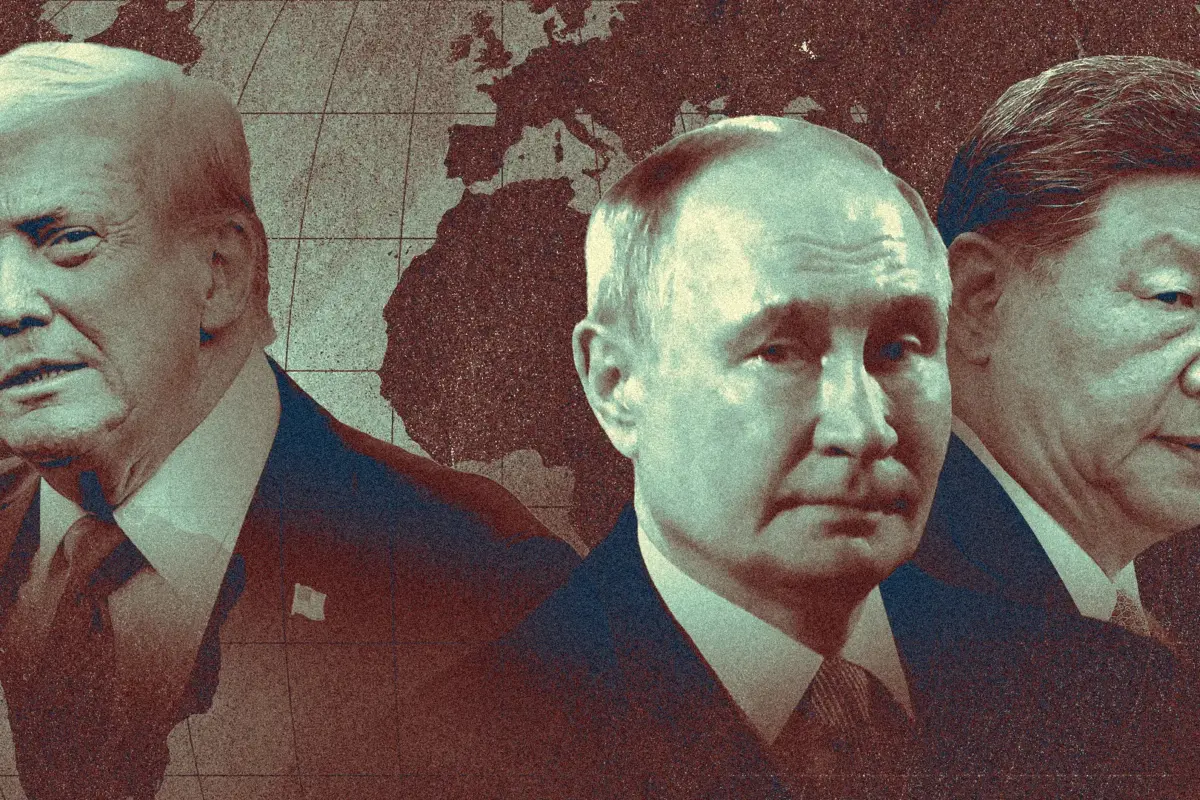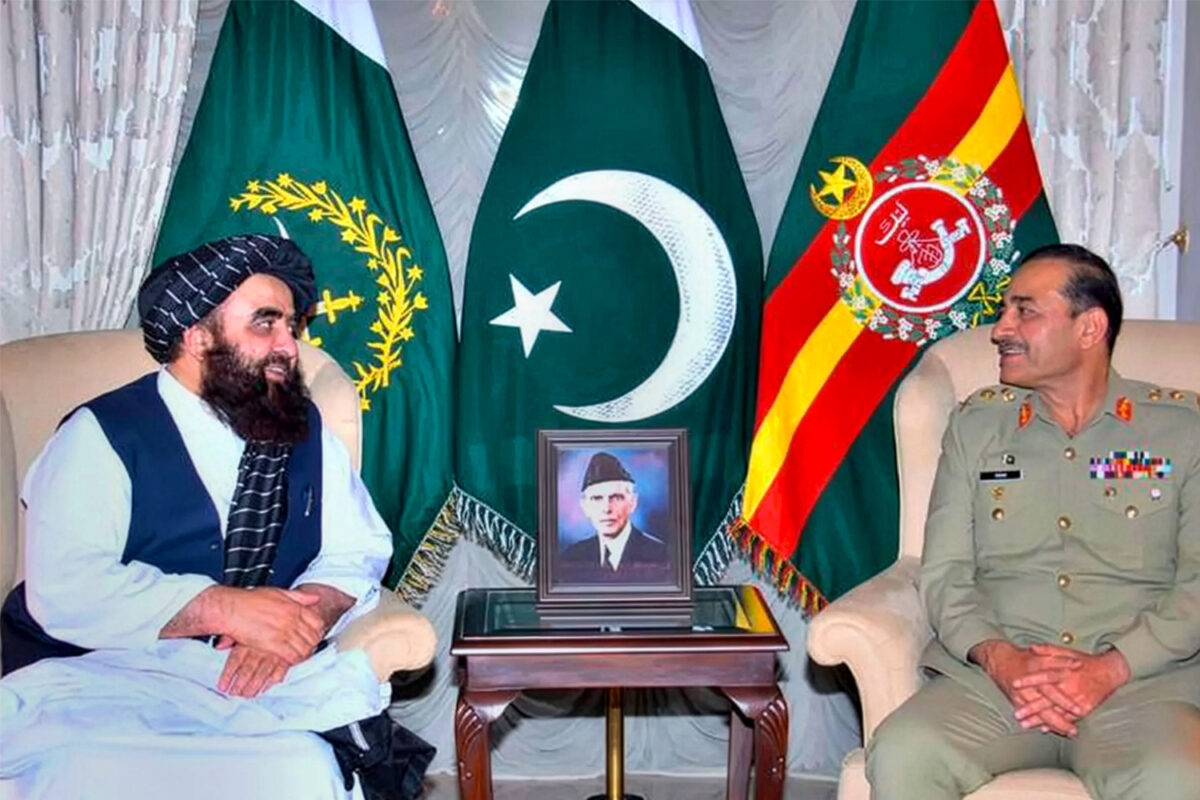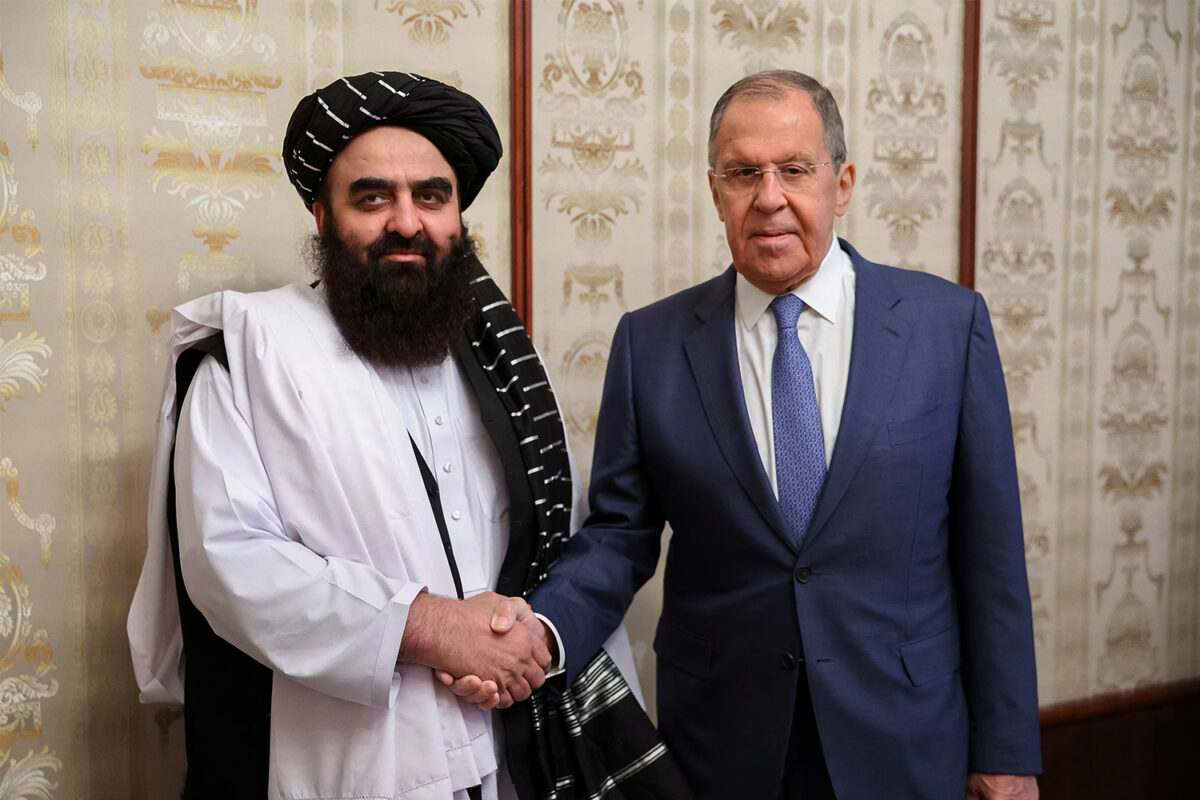The war of words has gone into 5th gear between India and Pakistan after 26 tourists were killed in an armed assault on 22nd April at Baisaran meadows, near the popular tourist town, Pahalgam in Indian held Kashmir. The attack is one of the deadliest assaults since the 2008 Mumbai attacks. As India weighs up its response there are a number of directions India’s reaction can go, all with their own consequences.
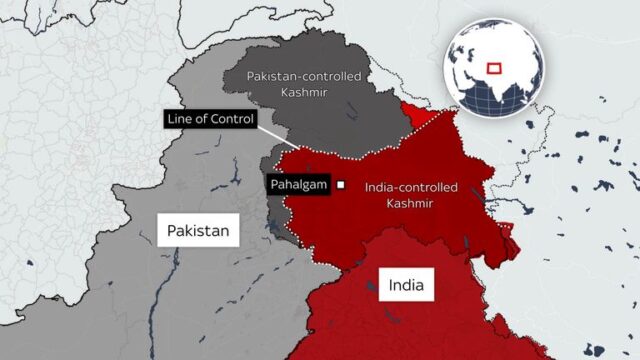
In the aftermath of the attacks in a briefing with the media on April 23rd, the Indian Foreign Secretary Vikram Misri stated that a special security cabinet meeting had confirmed Pakistani links to the attack. The foreign secretary said the attack was through a proxy outfit, the Kashmir Resistance — a group widely seen as an offshoot of Lashkar-e-Taiba. Whilst no evidence has still been presented this led to India’s media to call for blood.
Ever since the attack India has responded with a number of punitive measures. Prime Minister Narendra Modi responded with promises of “pursuing terrorists to the ends of the earth,” announcing punitive diplomatic measures and, most provocatively, suspending India’s participation in the Indus Waters Treaty.
The foreign secretary said the attack was through a proxy outfit, the Kashmir Resistance — a group widely seen as an offshoot of Lashkar-e-Taiba. Whilst no evidence has still been presented this led to India’s media to call for blood.
Additionally, India declared Pakistan’s defense advisers in New Delhi persona non grata and ordered their departure. India also announced plans to cut its diplomatic staff in Islamabad, close the Attari-Wagah border crossing and stop issuing special visas to Pakistani nationals. New Delhi also ordered Pakistani nationals to leave India by April 27th.
In response, Pakistan’s Foreign Minister and Deputy Prime Minister criticised India’s actions following the Kashmir attack as ‘immature and hasty,’ saying New Delhi had provided no evidence linking Pakistan to the deadly incident. Pakistan announced it would retaliate by closing its airspace to Indian carriers, halting all trade with India and cancelling visas for Indian nationals. Islamabad also threatened to withdraw from bilateral agreements, including the 1972 Simla Agreement, which outlines key principles for managing ties and maintaining the ceasefire line in Kashmir.
For the moment this response to the April 22nd attack has seen a war of words between New Delhi and Islamabad, but it’s likely India is weighing up its options as domestic public opinion calls for blood.
India could respond with limited strikes in Kashmir, arguing its targeting military hideouts or militant camps. Indian officials’ statements linking the attack to Pakistan significantly raise the risk of India conducting retaliatory strikes into Pakistani territory. The risk with this strategy is it risks further instability and could spiral out of control. India will need to mobilise forces near Kashmir, particularly its air assets, in a prelude to any military operations.
But the 2019 downing of an Indian fighter jet by Pakistan during the Balakot standoff really exposed serious flaws in India’s military preparedness. The state of India’s army, capabilities, doctrine and ability to coordinate its assets remains questionable. All the tough talk from Indian officials and domestic media could potentially expose the unfinished state of its military modernisation.
Pakistan will be forced to respond and will likely entrench defensive positions and mobilise its own air assets in the region. Pakistan can counter any India response with retaliatory strikes, authorise cross-border infiltrations, or even escalate artillery and sniper activity along the Line of Control. Pakistan could also test its tactical missiles. Things could escalate pretty quickly, and it remains to be seen if India would expand its strikes out beyond Kashmir. If it does, this we will likely see the international powers get involved.
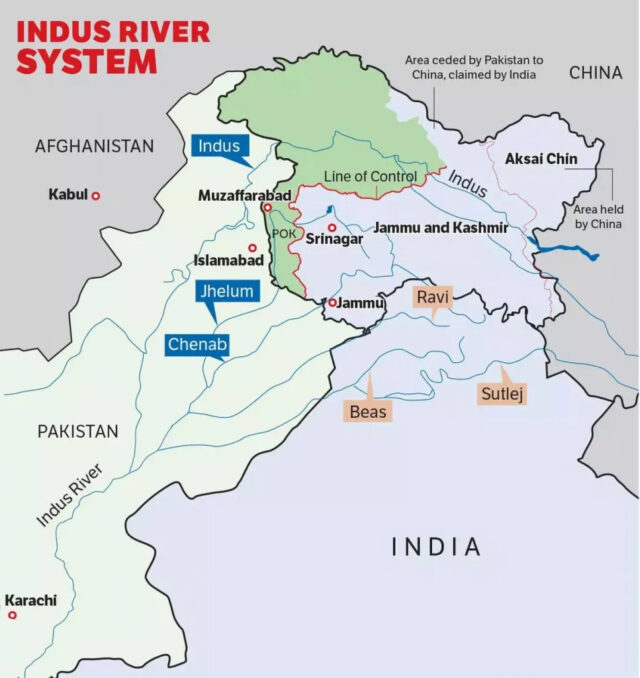 India has already targeted Pakistan by halting the Indus Waters Treaty. The treaty signed in 1960 after years of negotiations saw India and Pakistan agree to share their river systems following Partition in 1947. The treaty allocated control of the eastern rivers — Ravi, Sutlej and Beas — to India, which primarily flow through India before reaching Pakistan, while granting Pakistan rights over the western rivers — Indus, Jhelum and Chenab.
India has already targeted Pakistan by halting the Indus Waters Treaty. The treaty signed in 1960 after years of negotiations saw India and Pakistan agree to share their river systems following Partition in 1947. The treaty allocated control of the eastern rivers — Ravi, Sutlej and Beas — to India, which primarily flow through India before reaching Pakistan, while granting Pakistan rights over the western rivers — Indus, Jhelum and Chenab.
This suspension of this treaty is unprecedented, as India and Pakistan have gone to war multiple times and the treaty endured. The immediate impact is unlikely to disrupt water flows to Pakistan as infrastructure will need to be built by India in order to divert the waters. But the suspension of the treaty does pose a long-term threat to Pakistan. Pakistan is overwhelmingly dependent on the Indus river system. Nearly 90% of its agriculture, which employs over 40% of the labour force and accounts for about 19% of GDP, is based on irrigation from the Indus and its tributaries. Any disruption in this water flow is existential for Pakistan.
Whatever kinetic response India takes, they all carry risks of escalation and could expose India’s military preparedness. India’s weaponisation of water is its real response that will have real long term consequences for Pakistan.


